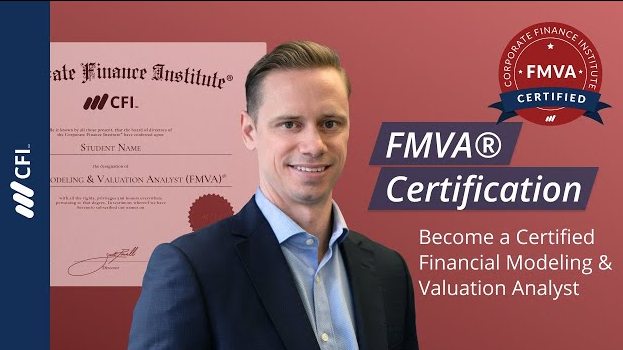If you’re looking for ways to learn more about the financial modeling and valuation analyst role, consider taking a course from one of the many online education platforms. One of the best programs on the market, Coursera, offers a variety of online courses on topics ranging from DCF modeling to M&A valuation. Plus, there’s an option for a certificate program in finance that is perfect for college students.
Coursera
One of the best ways to develop your skills in the field of financial modeling and valuation analyst is to enroll in a course online. A well-established and reputed education platform, Coursera offers a variety of professional certificates and courses in various subjects. This includes a full-scale degree program.
The Coursera Financial Modeling specialization is designed to prepare candidates for the dynamic world of data. It teaches the fundamentals of quantitative modeling and how to use spreadsheets for data analysis. Students are taught to present integrated financial statements and calculate key ratios.
Throughout the course, students are also exposed to practical case studies that focus on the application of financial modeling techniques. As part of the program, students will develop their own financial models using Microsoft Excel. These models will be used to estimate future monetary values.
DCF model
DCF is a valuation model that helps you find out the present value of your company’s future cash flows. It can also be used to evaluate investments and help you decide on a budget for your business. This is a good skill to have when applying for investment banking jobs.
Discounted Cash Flow (DCF) models are one of the most important methods of financial modeling. A DCF model uses the company’s forecasted free cash flows and discounts them to today’s WACC There are several different ways to do this. One is the perpetual growth rate approach. It assumes that cash flow will continue to grow at a steady rate forever. Another is the exit multiple approach.
M&A model
Financial modeling is a complex process that requires a thorough understanding of Excel. It is a valuable skill to have if you’re planning to pursue a career in investment banking.
Financial models are used for a variety of purposes, including mergers and acquisitions, restructuring, pricing strategies, and valuations. They are also useful for equity research and private equity.
The most basic financial model is the EV/EBITDA valuation, which uses financial numbers from the company to estimate its value. This type of model assumes that similar companies have comparable multiples.
Other financial models are more elaborate. These methods include DCF and accretion/dilution.
To be effective, an analyst must have an in-depth knowledge of Excel, as well as keyboard shortcuts, VBA macros, and presentation varieties. Luckily, many online courses are offered, making it easy to learn at your own pace.
Suitable majors for the FMVA(r) exam
If you are looking for a certification that can boost your career, you might consider the Financial Modeling and Valuation Analyst (FMVA) exam. This certification can prepare you for many financial and banking roles.
Students can take an FMVA course on both online and offline education platforms. Most courses last six months or less. Some offer a 100% placement guarantee. You can choose from several types of electives, depending on your interests.
The FMVA exam has a pass rate of about 70. Candidates must also learn to apply financial modeling to a real world scenario.
An FMVA certified professional can earn a salary of more than $100,000 a year. This certification is also an excellent way to differentiate yourself from other candidates.
Criticism
Most financial professionals would be hard pressed to point to a single instance wherein they saw an awe inspiring visualization of their tradesman of a senior counterpart. This is mainly attributed to the fact that their industry has an abysmal regulatory environment. As a result, many of their peers have been caught short handed. The good news is that there is a solution to this dilemma. You have to know where to look. It’s no secret that the world of finance is an unforgiving place to work in, but with a little foresight, you can avoid many of the pitfalls associated with a career in finance. For this reason alone, the following advice is a must: take your pick of the best financial institutions, invest in a few well chosen funds, and nab the best possible mentors.















